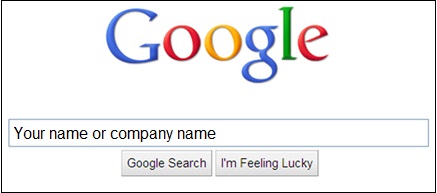 I remain a strong advocate for bidding on your own brand terms, and yet many organizations continue to believe that the additional expense makes it a questionable idea. In the hyper competitive online world, leveraging all of the tools that help get your message out there and define you an authority is critical. There are many reasons why spending money on branded paid search makes sense. These are two compelling tactics that will benefit your authority marketing efforts.
I remain a strong advocate for bidding on your own brand terms, and yet many organizations continue to believe that the additional expense makes it a questionable idea. In the hyper competitive online world, leveraging all of the tools that help get your message out there and define you an authority is critical. There are many reasons why spending money on branded paid search makes sense. These are two compelling tactics that will benefit your authority marketing efforts.
1. Define and reinforce your brand message
A paid search / PPC ad contains text within the ad that defines and reinforces your brand message. Since branding is so closely associated to authority, this is a great opportunity to shape and control your messaging. Your ad can be A/B or multivariate tested, with contrasting or slight changes in your message, and the results can be measured.
What is multivariate testing?
Optimizely.com explains it like this:
As in an A/B test, traffic to a page is split between different versions of the design. The purpose of a multivariate test, then, is to measure the effectiveness each design combination has on the ultimate goal.”
Clicks on your ad represent a first impression of what people associate with your brand name message. This first impression click, as I like to think of it, is valuable insight into what resonates with your brand development efforts. A well-crafted ad, with multi-variant testing is an effective and inexpensive way to provide a little focus group type insight as to what value propositions perform best.
2. Track Authority Marketing
The second compelling reason is the measurement of search impressions on your brand’s terms. With authority marketing, there are lots of great ways to track success, such as the increase in unique visitors, blog subscribers and social followers that convert into sales. But how do you track if going to conferences, doing public speaking, mailing your book out to customers and increasing your influence through a variety of less track-able channels is all paying off?
Running paid search ads on your company name and/or your personal name gives you insights into the overall effect of people typing brand terms into the search engines. This gives you a better idea of how your overall Authority Marketing is working toward building your brand.
We had one client that got an amazing review from one of the top industry influencer sites after doing some outreach. Traffic shot up to our client’s website from the referring URL, and they saw a corresponding lift in brand searches. By tracking the search impression trends via PPC brand ads, we were able to have a clear picture of the Google branding effects of influencer outreach.
Branded Paid Search Impressions Tracking Report
The following chart shows the results of our efforts:
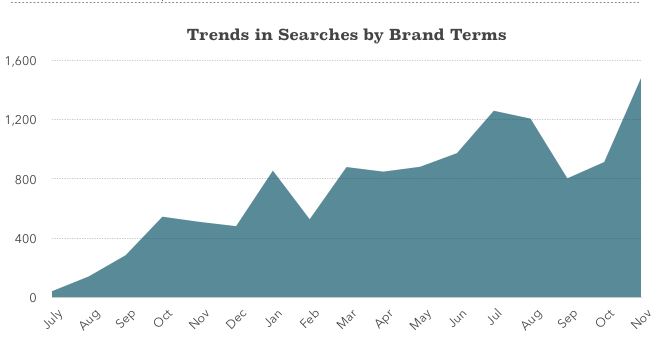
Typically, graphics showing upward trends in sales are more exciting, but ones that show an increase in your brand awareness can also be an upper management favorite.
The small investment you will make in doing branded paid searches, and having a killer brand lift story, is worth its weight in gold when your boss asks if Authority Marketing is doing anything for you.
Additional benefits of branded PPC ads
In addition to the two main reasons for running brand ads above, you should also consider the following benefits:
- Numerous studies have shown that having more real estate in the search results increases conversions. Essentially, if you have both a paid ad and an organic listing, you may get more than double the clicks. In this case 1 + 1 may actually equal 3.
- If competitors are buying your brand name keywords, then you also better be showing up in the paid listings next to them at the top position, to ensure your voice is heard.
- Some companies don’t even rank well for variations of their name, so running brand ads solves this problem well in your organic issues. This is especially important during a reputation management crisis, where every extra search result helps control the message.
The bottom line is that making an impression with PPC brand ads is more powerful than most people think. You certainly have to watch over the costs, because even some midsized companies can spend a lot of money on the ads, but in the end, have much more to lose by not having solid brand lift data and testing of the brand messaging.
Do you think that Google ads on your company name or personal name are worth it?



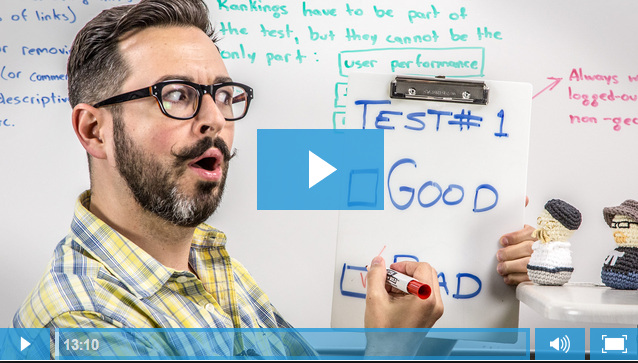




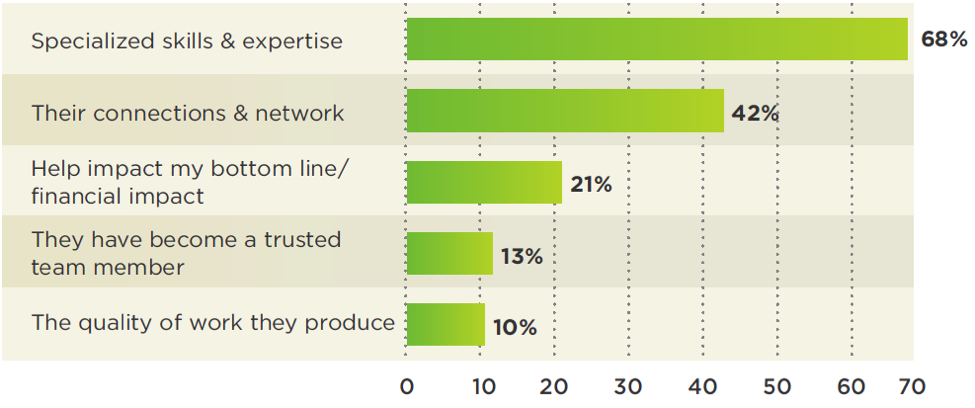
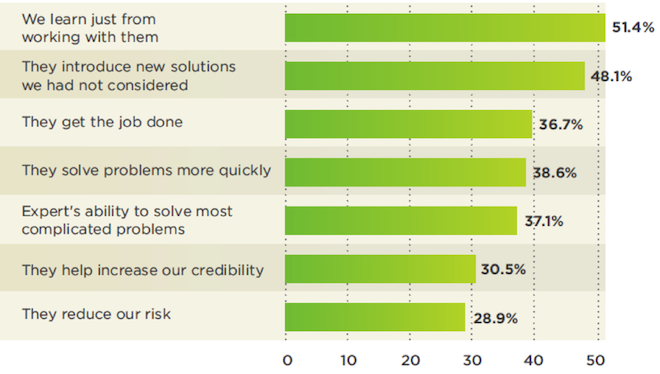
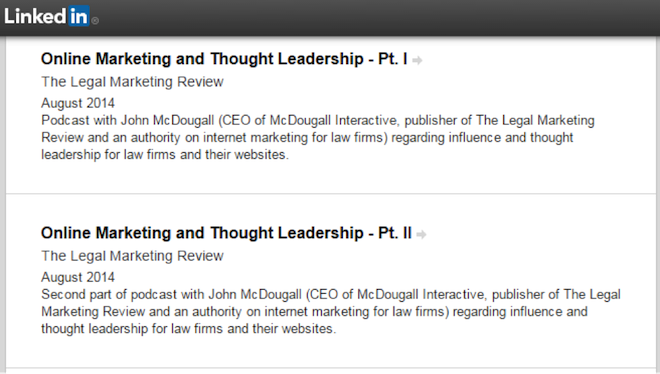
 Creating a personal brand is about discovering what is unique about yourself and amplifying it. True thought leaders are not just experts; they lead the charge in some unique way of looking at their industry. For some people, this just grows naturally, but for many, it is a well thought out and systematic process of selecting your niche and marketing yourself along with your company.
Creating a personal brand is about discovering what is unique about yourself and amplifying it. True thought leaders are not just experts; they lead the charge in some unique way of looking at their industry. For some people, this just grows naturally, but for many, it is a well thought out and systematic process of selecting your niche and marketing yourself along with your company.